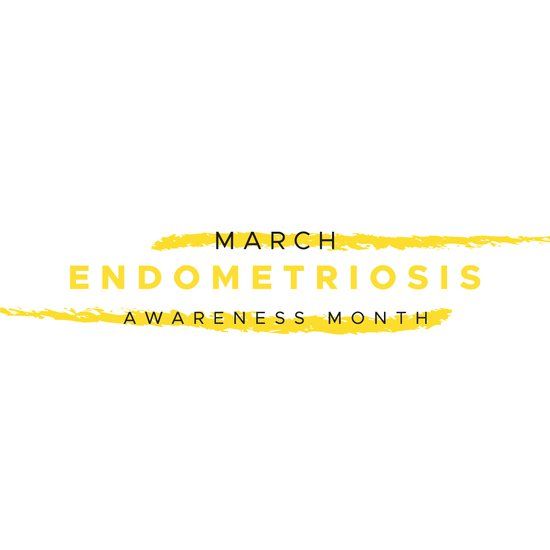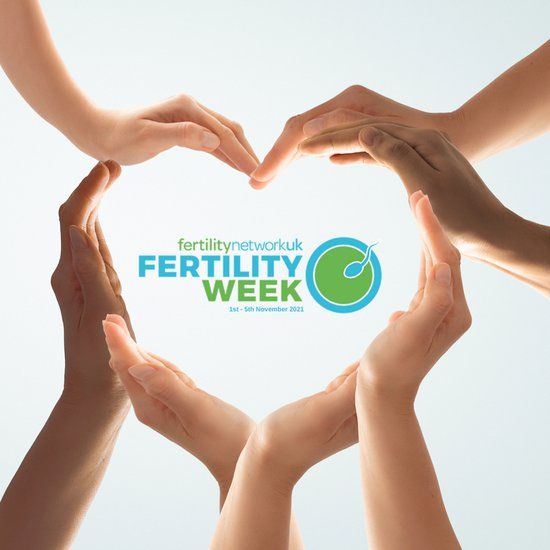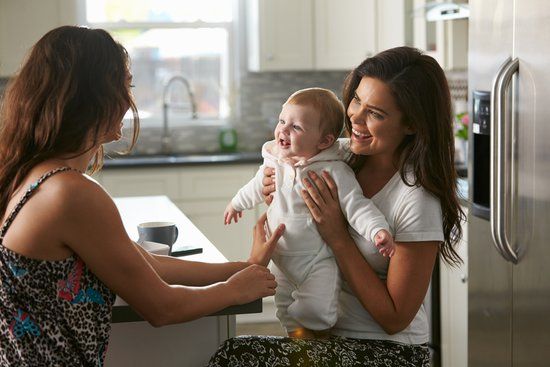If you’re an older woman struggling to conceive, you may naturally assume that your only hope of a family is to have infertility treatment.
But it’s important to ensure that before you begin to research infertility clinics, that you investigate your own fertility. If you’ve been trying to have a baby naturally for at least six months with no success, then you should consider investigative fertility tests.
It’s important to seek help sooner rather than later, because if you do need infertility treatment, your age - and therefore the age of your eggs - is important factor in your chances of success.
Our Fertility MOT is an in-depth look into your personal fertility level. Testing we carry out includes your ovarian reserve - so how many eggs you have left - and blood testing to examine hormone levels to see if you are ovulating regularly. We also carry out scans to check that your fallopian tubes are open and that there are no abnormalities which could be preventing natural pregnancy.
Whilst we do carry out testing individually, we recommend that your partner also undergoes a Fertility MOT to ensure that their sperm is able to fertilise your egg. We examine a sperm sample to look for abnormalities which could be preventing conception, such as abnormal shape, low sperm count or poor motility.
Fertility MOT testing can usually be carried out within one monthly menstrual cycle. Our consultants will discuss with you the results of your test so that you understand the implications. If the results of your test show that there is a problem with either you or your partner, then we will recommend treatment which could help you have a baby, including the chances of success from this treatment and how much it will cost.
If your tests are clear and no issues can be identified which could be preventing you conceiving, then it could be that you need to try for longer to have a baby and ensure that you are having regular, unprotected intercourse. Regular means every other day of your typical monthly cycle, and you can also use ovulation prediction kits which can help you pinpoint your fertile days.
The truth is that it is harder to have a baby naturally when you are older, because of naturally-declining fertility levels. As you age, your eggs age also, and this does have impact on pregnancy chances and indeed success rates of IVF and infertility treatment.
You should also examine your lifestyle. Smoking, your BMI, and alcohol intake can all affect your fertility and that of your partner.
You don’t need a referral for our Fertility MOT from your GP, you can self-refer for the testing. For more information about Fertility MOT, click here.You can also read our useful guide for older women here.
Last updated: 20th January 2020






